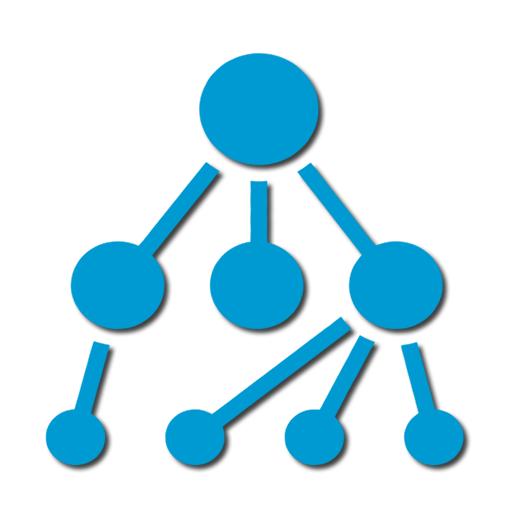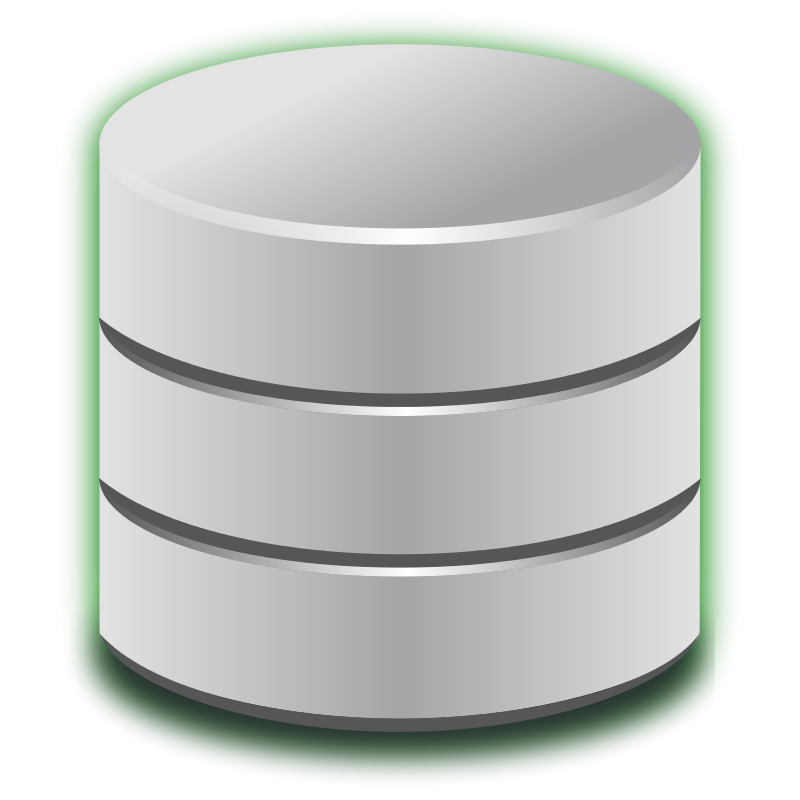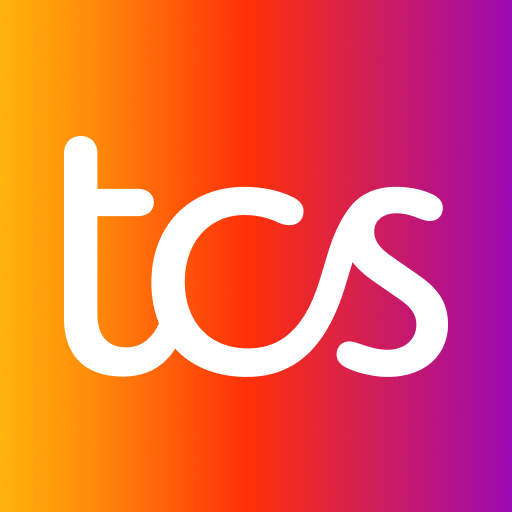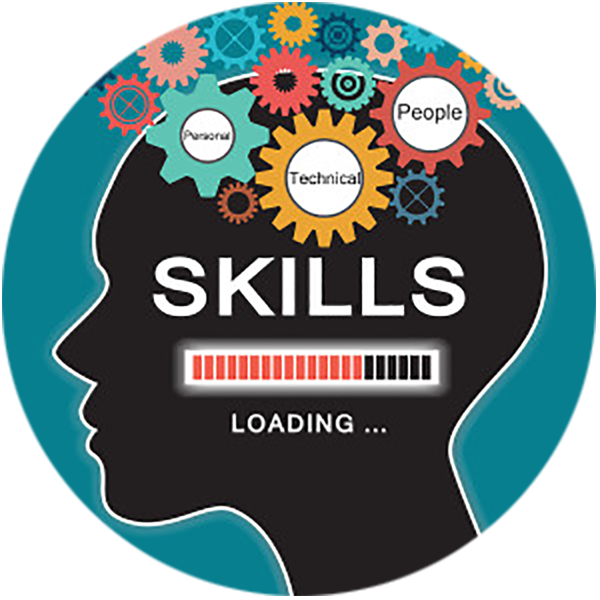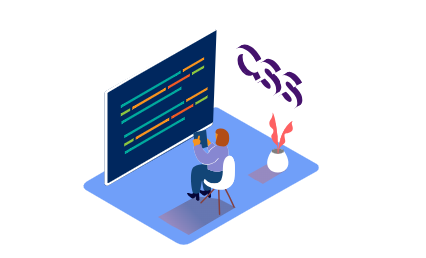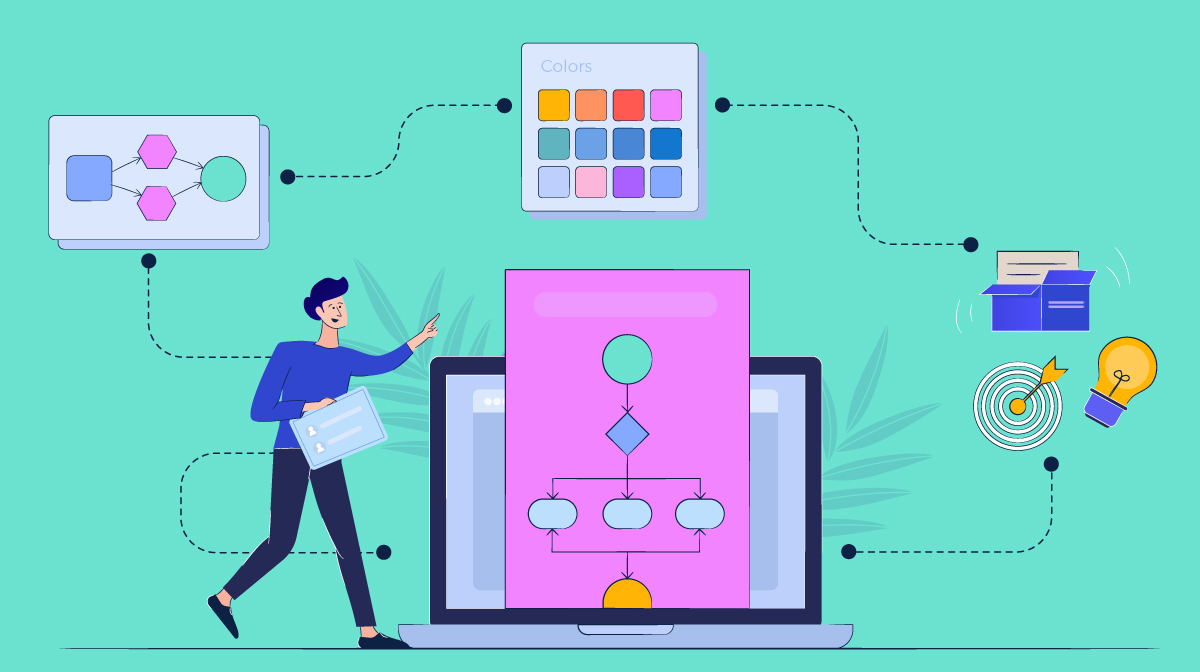Developer
Developers are skilled professionals who create and maintain software applications. They work with various programming languages, frameworks, and tools to design, develop, and deploy applications that solve real-world problems.
In this blog, we will explore the different types of developers, their roles and responsibilities, and the skills and technologies they need to know to succeed in their careers.
Types of Developers
There are several types of developers, each with its unique skill set and focus area. Here are some of the most common types of developers:
-
Front-end Developers: Front-end developers focus on creating the user interface of web applications using HTML, CSS, and JavaScript. They work closely with designers to implement the visual and interactive elements of the application.
-
Back-end Developers: Back-end developers focus on the server-side of web applications, including databases, server-side scripting, and APIs. They are responsible for implementing business logic, integrating with third-party services, and ensuring the application is secure and scalable.
-
Full-Stack Developers: Full-stack developers are proficient in both front-end and back-end development. They can handle all aspects of web development, from designing the user interface to building the server-side architecture.
-
Mobile App Developers: Mobile app developers specialize in creating applications for mobile devices, including smartphones and tablets. They work with specific platforms like iOS or Android and use programming languages like Swift, Kotlin, or Java.
-
Game Developers: Game developers specialize in creating video games for different platforms, including consoles, PCs, and mobile devices. They use programming languages like C++, Java, or Unity to create engaging and interactive games.
Roles and Responsibilities of Developers
Developers' roles and responsibilities may vary depending on their job title, industry, and company size. Here are some common responsibilities of developers:
-
Designing and developing software applications that meet business requirements.
-
Writing clean, efficient, and maintainable code that adheres to coding standards.
-
Collaborating with other team members, including designers, project managers, and quality assurance engineers, to deliver high-quality applications.
-
Troubleshooting and debugging applications to fix defects and improve performance.
-
Testing applications to ensure they meet functional and non-functional requirements.
-
Documenting code, processes, and procedures to help other team members understand the application.
-
Continuously learning new skills and technologies to keep up with the latest trends and best practices.
Skills and Technologies for Developers
To succeed as a developer, you will need to have a strong foundation in programming, data structures, algorithms, and problem-solving. Here are some skills and technologies that are essential for developers:
-
Programming Languages: Developers should be proficient in one or more programming languages, including popular ones like Java, Python, JavaScript, C#, and Ruby.
-
Frameworks and Libraries: Developers should be familiar with popular frameworks and libraries that can help them speed up their development process, such as React, Angular, Vue.js, Spring, Django, or Ruby on Rails.
-
Databases: Developers should know how to design, implement, and maintain databases, including SQL and NoSQL databases like MySQL, PostgreSQL, MongoDB, or Cassandra.
-
APIs: Developers should know how to design and implement RESTful APIs that interact with the front-end or other applications.
-
Version Control: Developers should know how to use version control systems like Git to manage their code changes and collaborate with other developers.
-
Testing: Developers should know how to write unit tests, integration tests, and end-to-end tests to ensure that their code is working correctly.
-
DevOps: Developers should be familiar with DevOps practices, including continuous integration, continuous delivery, and containerization, to streamline their development and deployment process.
Conclusion
Developers play a crucial role in building the digital world we live in today. From creating websites and mobile apps to building enterprise software and video games, developers are responsible for bringing our ideas to life through code. With the increasing demand for technology solutions in every industry, developers are in high demand and are expected to continue to be for the foreseeable future.
To succeed as a developer, it's important to continuously learn new skills and technologies, stay up-to-date with the latest trends and best practices, and collaborate effectively with other team members. Whether you're just starting your career as a developer or looking to advance to more senior roles, there are many resources available online, including tutorials, online courses, and open-source projects that can help you learn new skills and technologies.
In conclusion, being a developer can be a rewarding and fulfilling career, offering opportunities for creativity, problem-solving, and continuous learning. With the right skills, experience, and mindset, you can make a meaningful impact on the world through your work as a developer.




